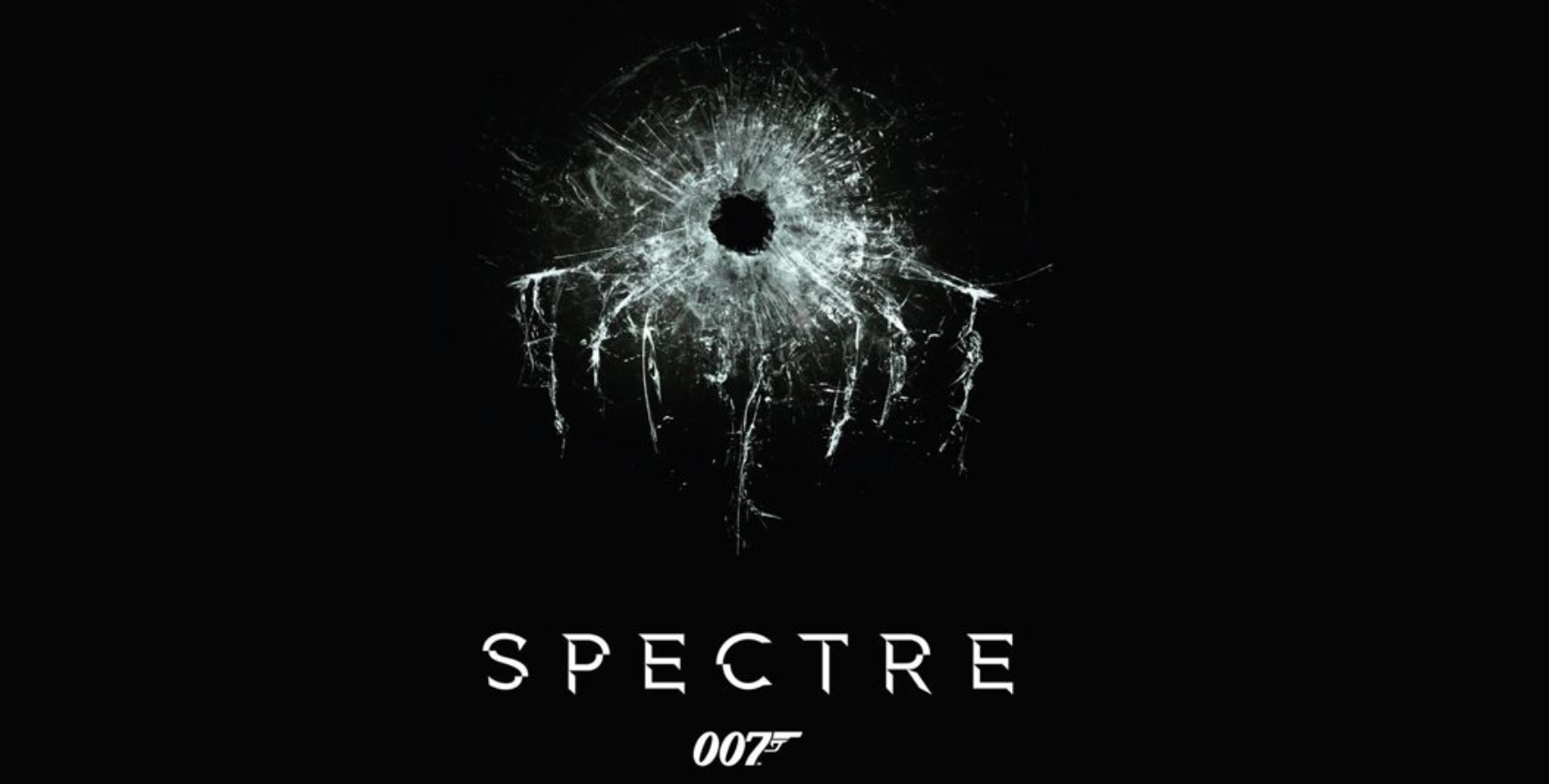Spectre: James Bond and his Ghosts
I was flying back from Montreal to Vancouver (of course I was not flying, traveling perhaps) and decided for the first time in a long time to watch a film. Usually, I read. I regretted my decision almost immediately, because Spectre is so completely predictable that it was truly a drag to watch. Drag is the word that comes to mind largely because I felt as if the story was pulling me along the ground and that I was tied to a car that very carefully tugged me from one place to another. I protested. But, I watched the whole damn thing. And, this is the problem with the modern 21st century remaking of James Bond stories. They are truly ghost stories constructed by people who think they understand or are reproducing the work of Ian Fleming, long deceased. The films are more like allegories about lost innocence, a theme that appears over and over again in our culture. They may well be representations of Ian Fleming’s unconscious. Perhaps that is why I stuck with the film.
Fleming wrote mysteries in the old English sense of that word. Sure, he invented a sort of super hero and of course, Bond is flawed as are all the men and women who play at being spies. The flaws are in fact the focus of Fleming’s approach. He uses the “wrong man” or the potential to be a wrong man as a way of riffing on the outcomes of misunderstandings among spies and their quarry. The pleasure in reading Fleming comes from the fact that readers know the hero will survive all manner of violence and be wooed and hated at the same time. He will use technology to overcome evil and he will always meet a woman. Sounds familiar.
But, Spectre is about ghosts, fathers, brothers and a woman who is young enough to be Bond’s sister but is also frighteningly close to being his daughter. The ghosts are absent parents, good dead substitute fathers and one terrible brother who doesn’t like Bond because he was adopted. The evil brother has finally realized a childhood fantasy, to be able to watch and listen to everything that goes on in the world. Edward Snowden redux. His intent is not to protect anyone but to bring down the democratic order and presumably capitalism as well.
Now, ghosts are spirits and their origins were part of an effort by the Church and by secularists to explain death. Yes, even those who didn't believe in god believed in ghosts. Houses were haunted and spirit worlds were around every corner. The intent of course was to frighten the living daylights out of normal people fearful of a world that seemed completely irrational to them. Causes must be found when god makes the harvest fail and why not attribute the loss to witches, spirits and spectres. The supernatural has always been attractive. It can be molded into any shape or form by magicians and priests and yes, by everyday people as well. Think of all the superstitions that we share.
Filmmakers love spectres because of course film is a medium of ghosts. The attraction that film has is that viewers willingly subject themselves to the films they watch. Spectators love to engage with ghosts because as Bond himself says, we want to spend some time not controlling our own identities. The key scene in the film is when Bond is locked in a chair and is about to have a drill go into his brain with the intent of reducing him to a vegetable. He is fearless of course and viewers are fearless as well, knowing that an expensive property like Daniel Craig will never be killed or maimed. This is what I mean by being dragged along. I was complicit with the filmmakers in their stunted idea of entertainment. I joined them in seeking to make ghosts come alive. Except, they never do.

